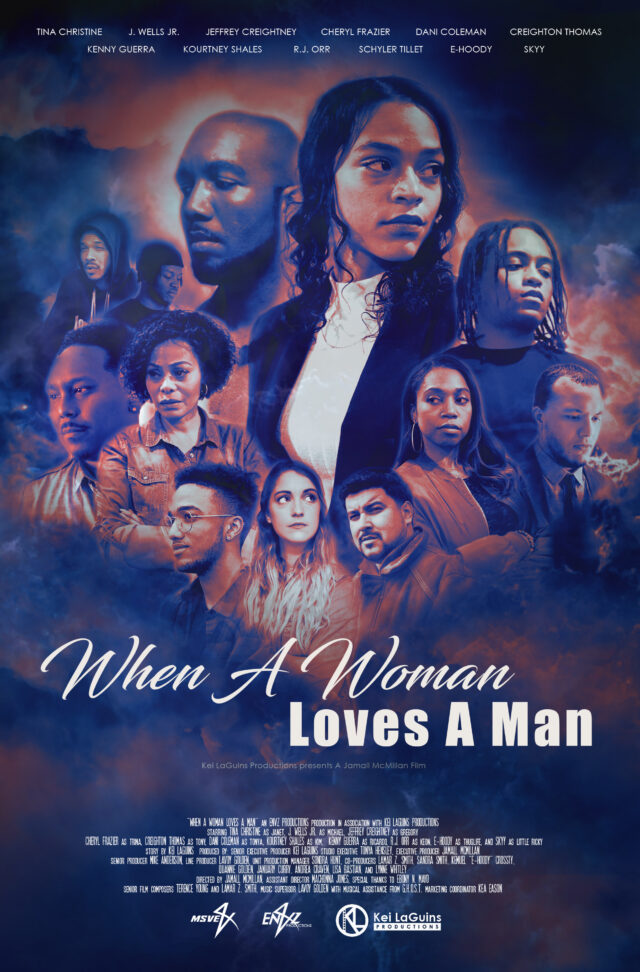There aren’t many films on addiction that do a good job of depicting how debilitating it can be to live a dependent existence, especially in that form. If it hadn’t been for Meg Ryan and Andy Garcia’s outstanding performances, when a Man Loves a Woman would have been in that category as well. In his career, he hasn’t done many romances, whereas Ryan has done way too many. Both of them have something unique to work with here, which raises their performances even more. Garcia gets to play the sweetheart, doing his best to care for his unwell wife.
The deeds are heartbreakingly portrayed, prompting you to consider what obstacles a person like that must face on a regular basis. Ryan becomes so inebriated in the movie that she forgets about her kid in a public place. She loses unconscious after falling through a shower door in another scene. Ryan gives a convincing performance as Alice, who is snappy, vivacious, gorgeous, and ill. Garcia, on the other hand, outdoes himself in an underwritten role.
Focusing on the effects of addiction on the family, and more especially, on the spouse, was something Hollywood rarely did in those days (the Luis Mandoki directorial released in 1994). The excellent performer, on the other hand, gave it his all. Because Garcia’s Michael makes you actually care, you always wanted the pair to be together through those difficult times. “My wife is an alcoholic,” Michael is heard admitting in one of the feature’s emotional high moments. The most amazing person I’ve ever met. She can grin in 600 various ways. They have the ability to brighten your life. They have the ability to make you laugh out loud in an instant. They have the ability to make you cry on the spot. That’s with her smiles alone.
Garcia, of course, pulls it off flawlessly. Now, a word on the flaws that prevent When a Man Loves a Woman from becoming a truly compelling portrayal of addiction and its disastrous consequences. The tale is sound, as is the idea, providing fertile ground for spectators to express complicated emotions while viewing such a film. But the problem isn’t with the performers; it’s with Ronald Bass and Al Franken’s writing, as well as Luis Mandoki’s jagged directing. It’s possible that the creators struggled to make Alice unlikable. They attempt in the early moments when we’re just learning about her addiction, but they back off too fast.
It’s likely that both couples were experiencing feelings they weren’t prepared to handle in such a circumstance, but that element of the tale is only touched on in broad strokes. You want to go further with them, to truly get to the root of the problems that an illness might cause in an apparently stable relationship. And it’s here that the picture stumbles.







